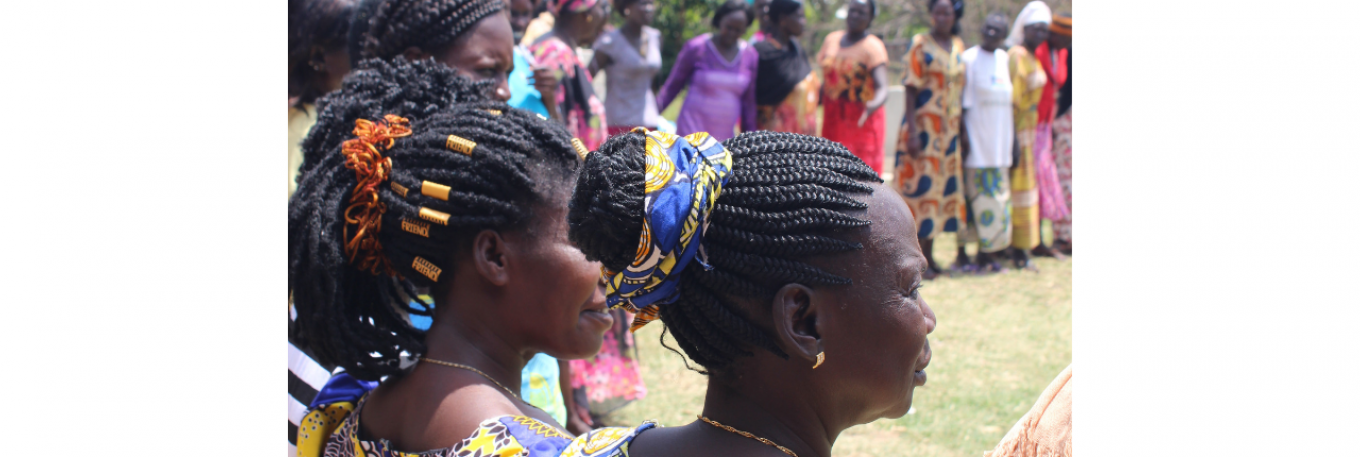You are here

Reaching out to Refugees
To mark World Refugee Day on 20 June, Jeanette Lawrence, Regional Development Coordinator at Mary Sumner House, reflects on the work Mothers’ Union is doing among refugees
According to the United Nations Refugee Agency (UNHCR) there are 68.5 million forcibly displaced people worldwide. This includes 40 million internally displaced people and 25.4 million refugees. Of these, 2.4 million are from South Sudan and Uganda hosts 1.4 million of them. As both South Sudan and Uganda have large Mothers’ Union memberships this is of particular concern for us.
South Sudan is the world’s youngest country, having split from Sudan and been recognised as a country in its own right in 2011. Since then the unrest that has arisen has quickly become a full-scale humanitarian emergency. Recently the Diocese of Madi West Nile in northern Uganda hosted the South Sudan Mothers’ Union Listening, Observing, Acting (MULOA) workshop.
A chance to share
With up to 170 participants from across South Sudan, the MULOA workshop gave the members a chance to reflect on their involvement with Mothers’ Union and the situation in their country. To begin with, many commented how incredible, and useful it was to be able to meet with so many others, with one woman saying: ‘It is a miracle that you can bring all these women together from all different parts of South Sudan.’ Together, they were able to share what their experiences have been and how the conflict has affected every part of their lives, as another commented: ‘We cannot be free from the situation in South Sudan’.
Mary from Yei highlighted how the continuing conflict is affecting their daily lives: ‘It is unsafe to venture further than one and a half miles outside the town. If we do we are raped or killed. I had seven children: five girls and two boys, I have lost two of them. This all makes it a struggle to farm, provide for our families and get jobs.’
The members identified that internally displaced people and refugees should be part of the core group of people that they reach out to and work with, especially as so many are already members. They recognised that being displaced can make communication very difficult: ‘Because of the situation in South Sudan we do not use good listening in Mothers’ Union’.
Visiting family
During the two-week residential workshop many members were able to visit the camps in northern Uganda to visit family members that they had not seen in some cases for years, including their children. Members shared that their families receive education in the camps but the situation is far from ideal. One family group in the workshop called ‘Blessed Sarah’ shared a story of change: providing food, clothes, soap and medicine to internally displaced people and refugees, helping them to recover some of their dignity and basic life necessities.
Further afield
Throughout the world Mothers’ Union members are also greatly involved in working with internally displaced people and refugees. In 2017 nearly 100,000 Congolese people fled to neighbouring countries as refugees, many of these being children. The camps are some of the most overcrowded, with high levels of food insecurity and health issues. Members are trying to actively support families that are affected by helping with food security, as well as psychological and spiritual recovery. The latter included engaging members in prayer events in response to the violence in the Democratic Republic of Congo.
There are also members working with internally displaced people and refugees in Myanmar, Burundi and Manchester. The Diocese of Manchester is the first Mothers’ Union to officially sponsor a family from Syria under the government’s Vulnerable Persons Resettlement Scheme.
